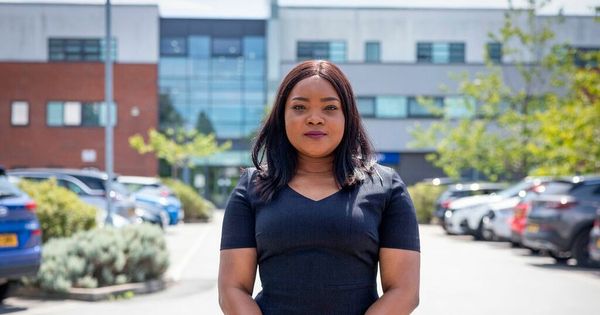Many people across the country have experienced an increase in waiting times for NHS appointments, but one GP surgery has offered some all-important advice on how to get the most out of your time when you visit a surgery.
The covid pandemic has changed many things in our lives, including the move to more telephone and online services offered by GP's. But there have been reports of people struggling to get appointments or struggling to see their doctors in person, NorthWalesLive reports.
Tilehurst Surgery, known as 'The Potteries', shared information online on how to get the best out of your appointment and what to say to be taken seriously, as well as guidance and advice for those struggling to be seen but is good advice for all those who need to see a GP.
READ MORE: Gary Lineker sends Liverpool message after England humiliation
Do
Get to the point
The surgery posted that there is "no need for embarrassment or coyness", and the quicker you mention why you’re really there, the more time the GP has to deal with your problem. The GP will tease out what they need from you in terms of more information.
Get it all out at the beginning
If you have two items to discuss, list them at the beginning rather than say, "And while I’m here". If you list them at the start the GP can plan out the time. Two items are reasonable and three is the maximum.
Bring your diary
A really good "history" helps doctors to help you by telling them exactly what happened and when. For example, ‘I was sick on Monday, fainted on Tuesday’. And tell the GP what you have tried and whether it helped.
Be descriptive
GPs listen to stories all day. Using certain words to describe symptoms will help identify the problem more quickly. Is your pain dull or sharp? Does it burn? Does your headache feel like a tight band or a sharp and stabbing? What are you unable to do compared to when you are well?
Use the rest of the team effectively
Many services do not need you to see the GP first these days. Chasing a referral to the hospital? Ring the secretary. Need a blood pressure check? Take it at reception. Need travel advice? Ask for the nurse. Need to see a counsellor? Ask reception if you can self refer. Worried about your toddler’s weight? See the health visitor.
People have also previously been urged to use services such as their local pharmacist who can help with a wide range of issues and medication, as well as walk-in centres.
Don’t
Have a huge list
you have four items it’ll probably take you six to eight minutes to talk about all of them. The GP then has to think about each problem, examine you and prescribe the right treatment – all in a couple of minutes.
Solving everything in one visit
Most GPs see people who have several ongoing problems at once which need monitoring and maintenance with the help of the rest of the team (nurses, administration, pharmacists and health visitors). Occasionally you will need to wait for referrals to a specialist or try a treatment to see how you get on so you should not expect everything to be solved instantly.
Think that seeing patients is all that the GP does
About 50% of a GP’s work is administrative. This is because in between appointments he or she is likely to get constant interruptions with urgent messages (home visit requests, prescription amendments, emails from the PCT, calls from the hospital or coroner, queries from the pharmacist, urgent letters and reports etc). Often there will be a list of scribblings on a GP’s desk, so if the doctor appears a bit browbeaten it’s because they are constantly multi-tasking.










